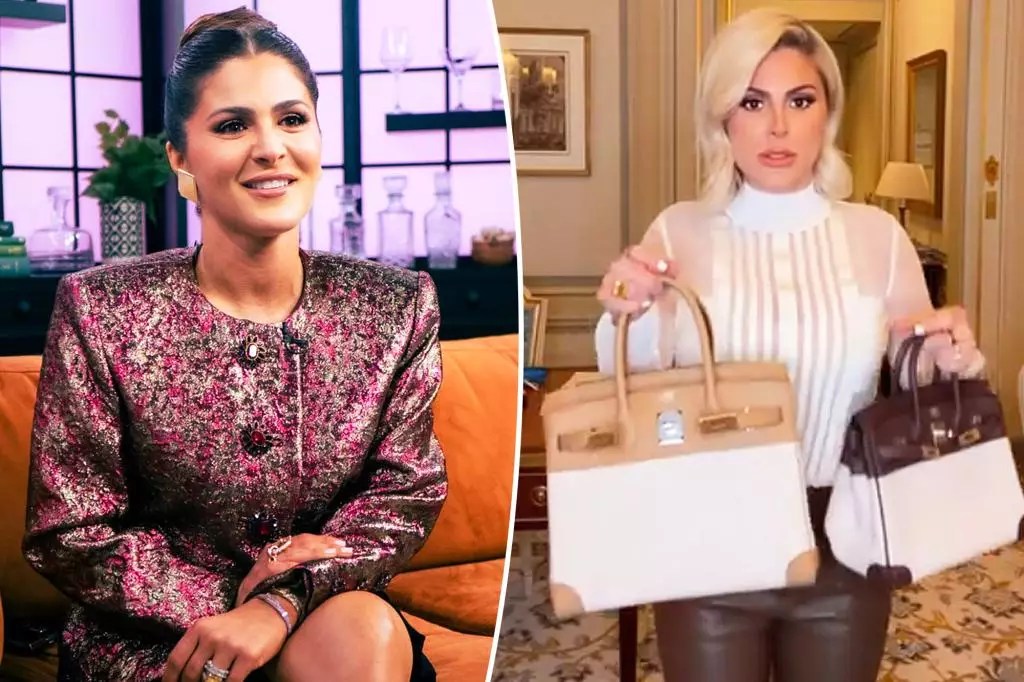In a landscape saturated with material displays, Stephanie Shojaee’s unapologetic devotion to her Hermès collection exemplifies a shift toward recognizing luxury as a statement of personal achievement rather than mere superficiality. Her willingness to openly discuss a multimillion-dollar investment in Birkins defies traditional notions that superficial possessions denote vanity or shallow priorities. Instead, her stance underscores a broader societal evolution—wealth, when thoughtfully accumulated and proudly displayed, becomes an extension of individual empowerment. Shojaee’s emphasis on building genuine relationships with Hermès stores across the globe signifies her strategic approach to acquiring her prized possessions. Such dedication reflects a desire for authenticity in luxury, challenging the stereotype that high-end fashion is merely bought through resale or third-party vendors. Her perspective advocates for a redefinition of elegance, emphasizing self-assertion over societal judgment.
Luxury as an Expression of Personal Identity
Shojaee’s collection is more than a display of wealth; it is a manifestation of her identity and success in the business world. As a prominent real estate developer, she demonstrates that wealth can be a tool for personal affirmation. Her insistence on purchasing directly from Hermès stores—not secondhand—evokes a sense of integrity and pride. This approach also undermines the negative connotations often associated with resale markets, suggesting that true luxury is rooted in exclusivity and personal relationships. The fact that she only allows herself exclusive access to her collection, even humorously prohibiting others from touching her Birkins, underscores a desire for control and preservation of her assets—a testament to her confidence and independence. In her view, these handbags are not just commodities but symbols of immense personal achievement and self-worth.
Reevaluating Social Judgments on Spending and Lifestyle
The critical voice often directed at women who indulge in luxury passions is rooted in societal double standards. Shojaee’s provocative comparison between her collection and wealthy men’s investments—such as Jay Leno’s car collection or old Porsches—illuminates a compelling point about gendered judgments. Why is it acceptable for men to amass expensive collectibles openly, yet women face accusations of superficiality when they do the same? Her defense highlights a broader issue: the disparity in societal perception of wealth pursuits based on gender. If anything, her stance advocates for a more equitable view—luxury collections, whether cars or handbags, are a form of personal fulfillment and savvy investment. Her confidence in spending and her refusal to be judged illustrates a growing movement toward women claiming authority over their choices, dismissing outdated notions that luxe possessions equate to shallowness. Instead, they serve as empowered expressions of personal success and taste.
While her collection may still be met with criticism from some, Stephanie Shojaee’s narrative champions a new definition of luxury—one that celebrates achievement, individuality, and the rejection of societal constraints. Her outspoken stance encourages women everywhere to embrace their passions without shame and to redefine what it means to be truly successful.


Leave a Reply